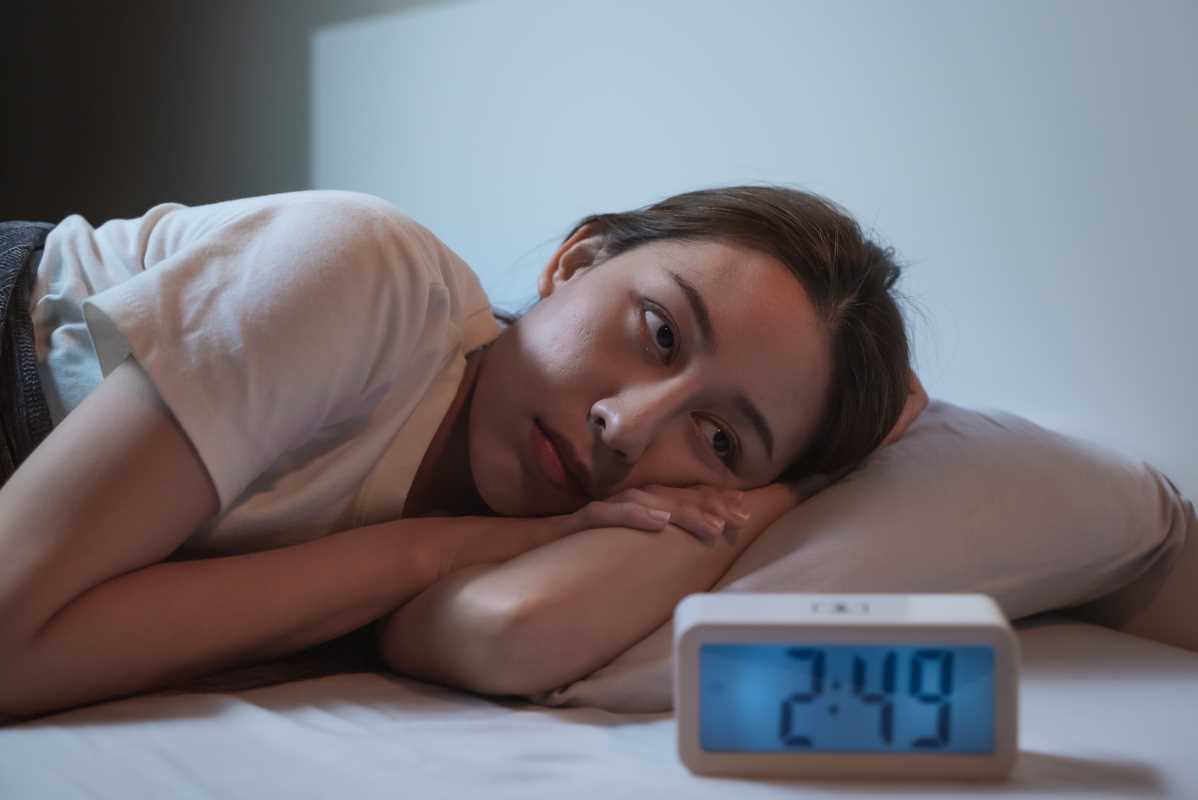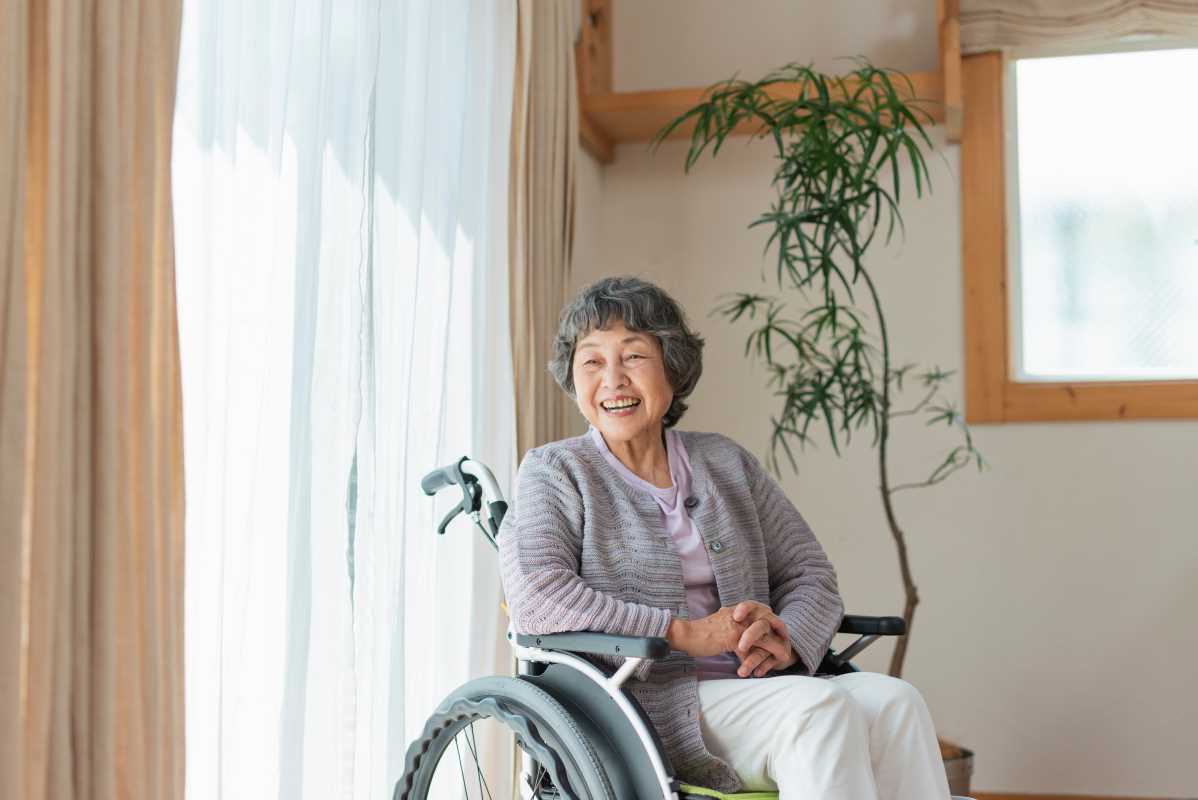Insomnia affects millions worldwide, disrupting daily life and overall well-being. As traditional remedies often fall short, many individuals turn to biohacking—a personalized approach that optimizes biological functions—to improve their sleep quality. By tailoring strategies to individual needs, biohacking offers innovative solutions to combat sleeplessness and enhance restorative rest.
This article delves into the science behind sleep biohacking, explores personalized techniques to address insomnia, examines the technological advancements supporting these methods, and highlights lifestyle adjustments that contribute to better sleep. Additionally, it discusses the potential risks associated with biohacking sleep and provides safety guidelines to ensure effective and safe implementation.
The Science Behind Biohacking Sleep
Understanding the biological mechanisms of sleep is crucial for effective biohacking. Various scientific principles underpin the strategies used to enhance sleep quality:
- Circadian Rhythms: The body's internal clock regulates sleep-wake cycles, influencing hormone release and body temperature.
- Neurotransmitters: Chemicals like melatonin and serotonin play significant roles in initiating and maintaining sleep.
- Genetic Factors: Individual genetic makeup can affect sleep patterns and susceptibility to insomnia.
- Environmental Influences: External factors such as light exposure and noise levels can impact sleep quality.
- Metabolic Processes: Energy consumption and storage during sleep contribute to overall health and recovery.
By leveraging these scientific concepts, biohacking interventions can be precisely tailored to address the unique causes of insomnia in each individual. This personalized approach ensures that the strategies employed are both effective and sustainable.
Personalized Approaches to Combat Insomnia
Biohacking sleep involves various customized techniques designed to align with an individual's specific needs and biological makeup. One approach includes optimizing sleep environments by adjusting factors like room temperature, lighting, and noise levels to create ideal conditions for rest. For instance, setting the bedroom temperature to around 65°F (18°C) can promote better sleep by facilitating the body's natural drop in core temperature during the night.
Another personalized strategy involves dietary adjustments, such as reducing caffeine and alcohol intake or incorporating sleep-promoting nutrients like magnesium and tryptophan. Additionally, implementing consistent sleep schedules and establishing pre-sleep routines, such as meditation or gentle stretching, can signal the body to prepare for rest. These tailored approaches address the root causes of insomnia, making them more effective than one-size-fits-all solutions.
The Role of Technology in Sleep Biohacking
- Wearable Devices: Gadgets like *Fitbit* and *Oura Ring* track sleep patterns, providing data on sleep stages, duration, and quality. This information helps users identify trends and make informed adjustments to their routines.
- Smart Mattresses: Products such as *Sleep Number* mattresses can adjust firmness and support in real-time, enhancing comfort and promoting uninterrupted sleep.
- Sleep Apps: Applications like *Calm* and *Headspace* offer guided meditations and sleep sounds, aiding relaxation and reducing stress levels before bedtime.
- Light Therapy Devices: Tools like *Philips Hue* lighting systems can simulate sunrise and sunset, helping to regulate circadian rhythms and improve sleep onset.
- Blue Light Blocking Glasses: Accessories from brands like *Felix Gray* reduce exposure to blue light emitted by screens, minimizing its disruptive effects on melatonin production.
The integration of these technologies into daily life provides individuals with the means to monitor and enhance their sleep proactively. By harnessing data-driven insights and adaptive tools, technology plays a pivotal role in advancing personalized sleep biohacking practices.
Lifestyle Changes to Enhance Sleep Quality
Beyond technological interventions, several lifestyle modifications can significantly impact sleep quality. Regular physical activity, for example, not only promotes overall health but also contributes to more restful sleep. Engaging in exercise during the day helps regulate the body's energy expenditure and can reduce the time it takes to fall asleep.
Mindfulness practices, such as yoga and meditation, also support better sleep by reducing stress and anxiety levels. Creating a balanced daily routine that includes ample time for relaxation and mental unwinding can prevent the overstimulation that often leads to insomnia. Additionally, limiting screen time before bed and fostering a consistent sleep-wake schedule reinforce the body's natural sleep signals, resulting in improved sleep hygiene and quality.
Risks and Safety Tips for Sleep Biohacking
While biohacking sleep offers numerous benefits, it is essential to be aware of potential risks and approach these methods responsibly. Overreliance on technology or supplements without proper guidance can lead to unintended side effects or exacerbate sleep issues. For instance, excessive use of sleep tracking devices might cause anxiety about sleep patterns, disrupting natural rest cycles.
Understanding the impact of blue light exposure on sleep quality in adolescents is crucial when incorporating screen time management into sleep strategies. To mitigate risks, individuals should consult with healthcare professionals before starting any new biohacking regimen, ensure that changes are introduced gradually, and prioritize evidence-based methods. Maintaining a balanced approach and listening to one's body are key to achieving safe and effective sleep improvements through biohacking.
Biohacking sleep presents a promising avenue for those struggling with insomnia, offering personalized solutions grounded in scientific principles. By integrating tailored techniques, advanced technologies, and thoughtful lifestyle changes, individuals can significantly enhance their sleep quality. However, it is vital to approach biohacking responsibly, recognizing potential risks and prioritizing safe practices. Embracing personalized sleep strategies can lead to more restful nights and improved overall well-being.







